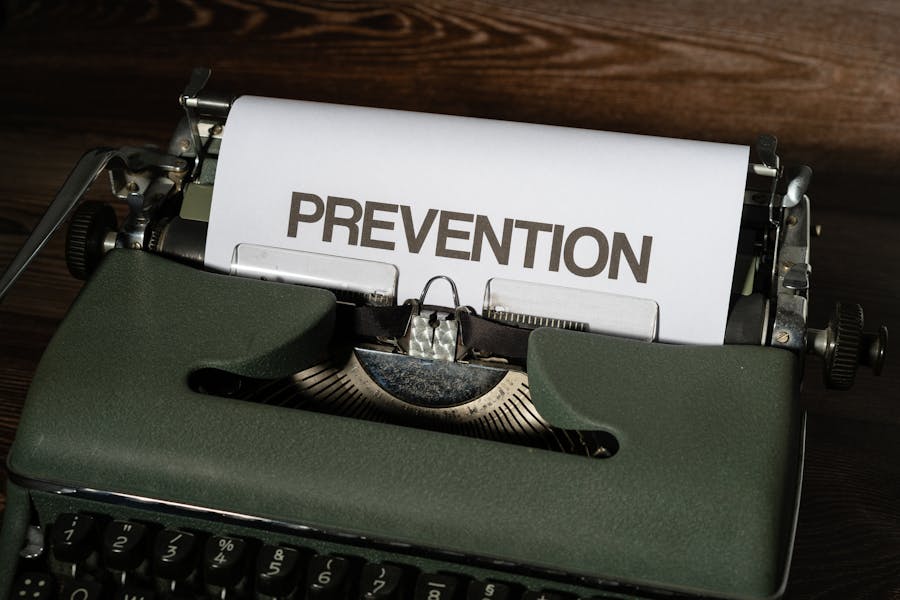If someone at work were being treated unfairly, would you notice? Would you say something? These are questions that more people are asking themselves, especially in places like Los Angeles, where diverse workplaces offer both opportunities and complexities.
Discrimination does not always announce itself. Sometimes it hides behind vague feedback or is dismissed as a misunderstanding. As an employee, team member, or leader, you help shape the environment around you. That means knowing what unfair treatment can look like and deciding how to respond.
This article helps you see those moments more clearly, understand your rights, and take action when something feels wrong.
Discrimination Isn’t Always Loud
Maybe you have seen it happen. Perhaps you have felt it. Discrimination is not always dramatic or obvious. It is not always a shouted insult or a closed-door policy. Sometimes it shows up as being overlooked again and again, even when you have the skills and experience.
Or it might be being the only one left out of meetings that actually matter. Then there are the casual comments that slowly eat away at your confidence over time.
This is why awareness matters. When people recognize what discrimination can look like, even in its quietest forms, they are more likely to take action. And that changes workplace culture more than any written policy ever will.
Knowing When to Ask for Help
Discrimination laws can look very different depending on where you work. In California, for instance, employees have some of the strongest legal protections in the country. Still, knowing your rights and getting real help is not always simple.
Suppose you are in a large metro area like Los Angeles, where workforces are diverse and fast-paced. In that case, it can be especially challenging to determine whether what you are experiencing is merely unfair or actually illegal. This is where talking to an employment lawyer in Los Angeles can really make a difference. Someone familiar with the local landscape and state laws can help you understand what is happening and the options available to you. You do not have to wait until things get worse. Getting advice early can give you peace of mind and help you avoid even more serious problems down the line.
When Company Policies Are Not Enough
Most workplaces have anti-discrimination policies. But that does not mean they are always followed. Sometimes HR does its job. Other times, it protects the company instead of the person affected.
People are reporting more types of discrimination now, including age, pregnancy, sexual orientation, disability, and more. It is no longer limited to race or gender. The law protects employees in many of these situations, but it does not always feel that way when you are the one going through it.
That disconnect between policy and practice leaves many employees feeling stuck. They know something is wrong, but worry no one will take them seriously. This is when trust in the system starts to fall apart.
Bias Is Not Always Easy to Spot
Unconscious bias is tricky. It does not always show up as open discrimination. Sometimes it is in the hiring decisions. Sometimes it is a matter of who gets promoted or who gets access to big projects.
You will not always hear someone say you do not belong here, but you might feel it. It is that sense of being passed over, talked down to, or not taken seriously. That kind of discrimination is hard to prove, but it is very real and very harmful.
These moments often get brushed off or labeled as personal issues. However, if they continue to happen to the same groups, it becomes a pattern. And patterns speak louder than individual complaints.
Managers and Leaders Need to Pay Attention
If you are in a leadership position, it is on you to notice patterns. Are the same people always leading meetings? Getting promotions? If the workplace is not diverse at the top, there is a reason for it. And it is worth looking into.
It is not about blame. It is about reflection. Awareness starts when leaders ask hard questions and listen to the answers, even when they are uncomfortable.
Leaders set the tone, whether they mean to or not. If people see favoritism go unchecked, they stop speaking up. Change starts with the example you set every day.
Final Thoughts
Workplaces do not need to be perfect to be fair. They just need people who notice, care, and take real steps toward change. When someone feels respected, they give their best. And when everyone is treated with dignity, the whole workplace benefits. Stay aware. Listen more. And speak up when it matters. Even small efforts have meaning. What you do today could be the reason someone feels seen tomorrow. That is how real change begins.


